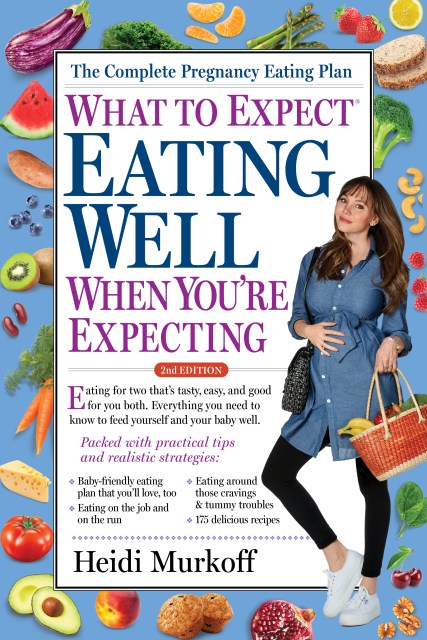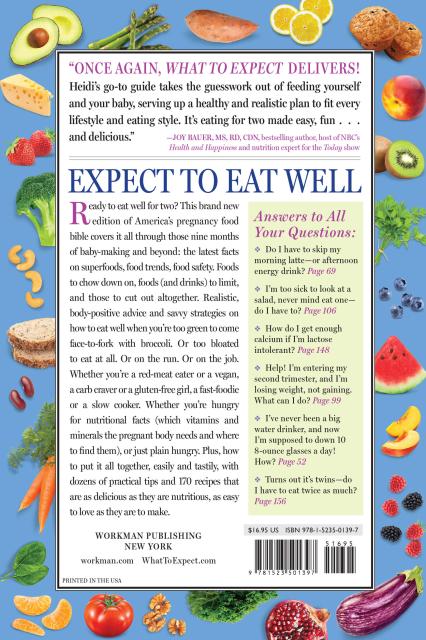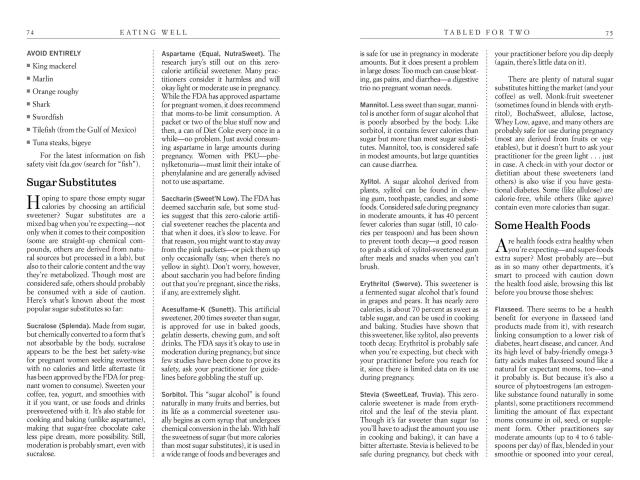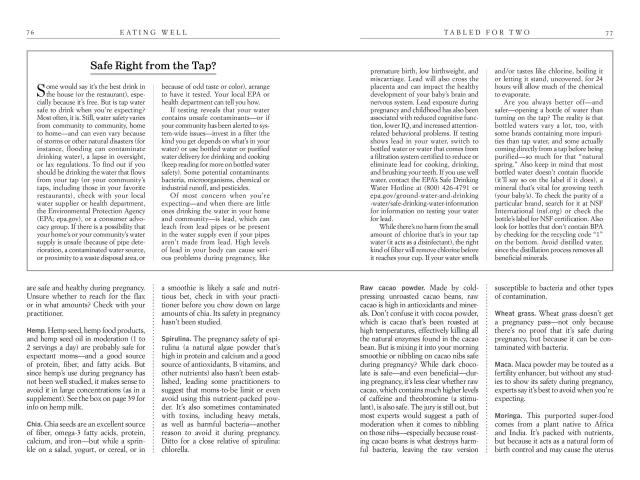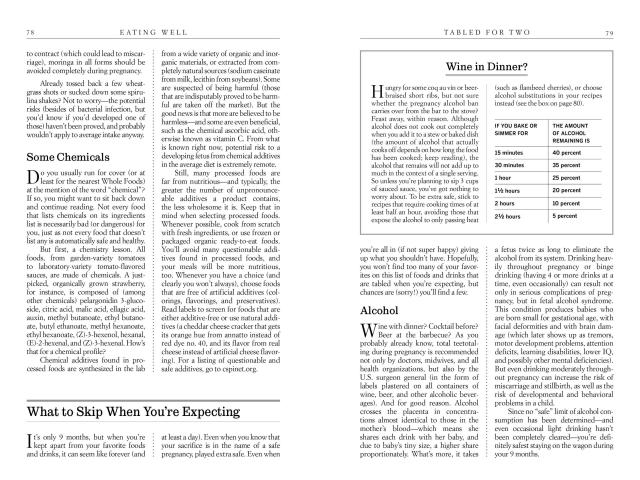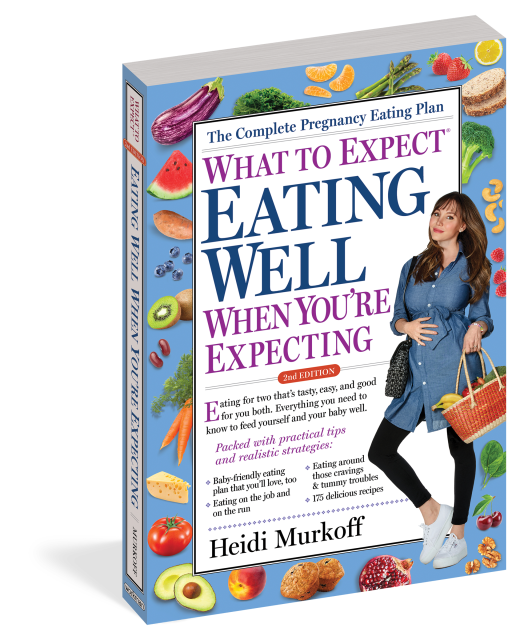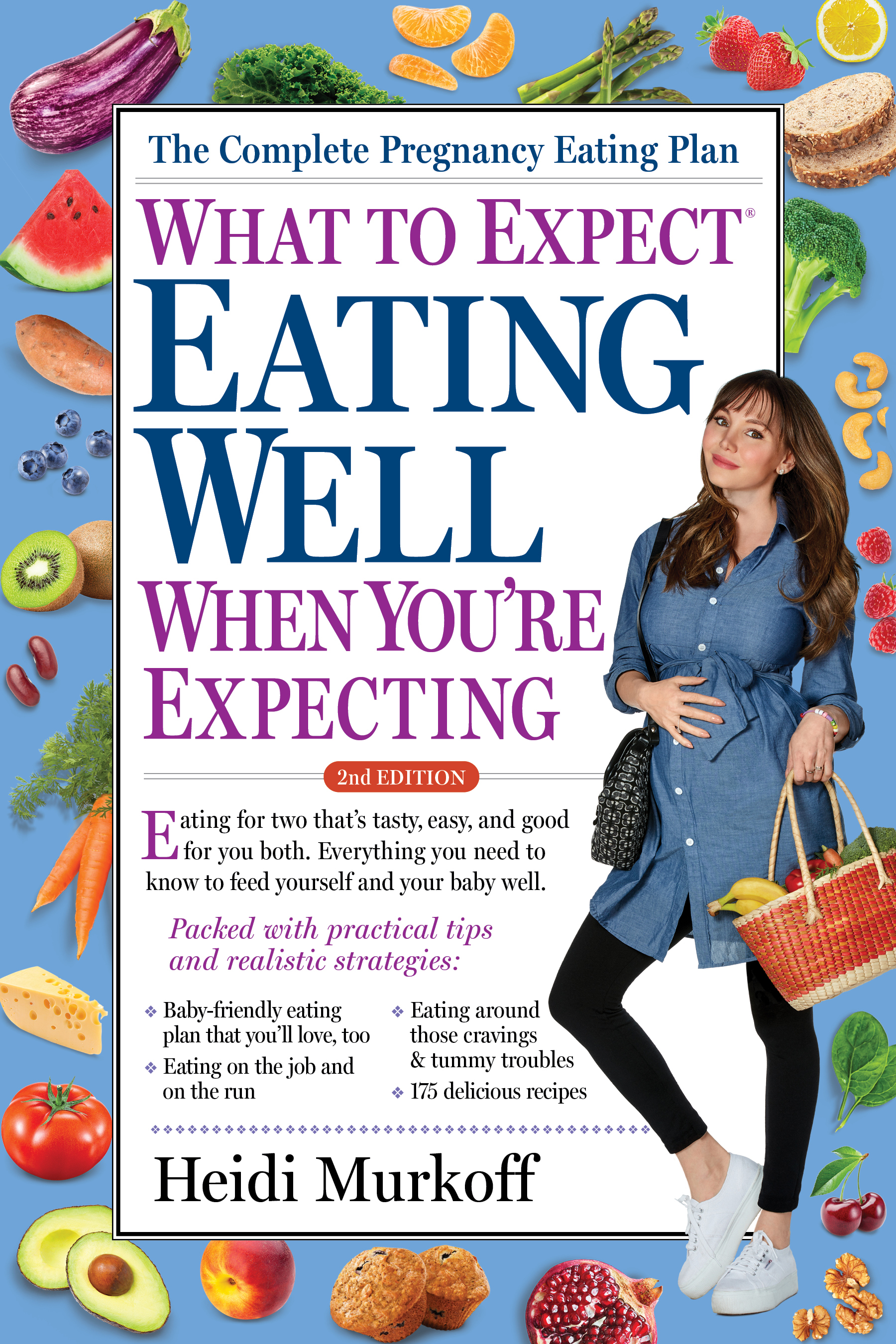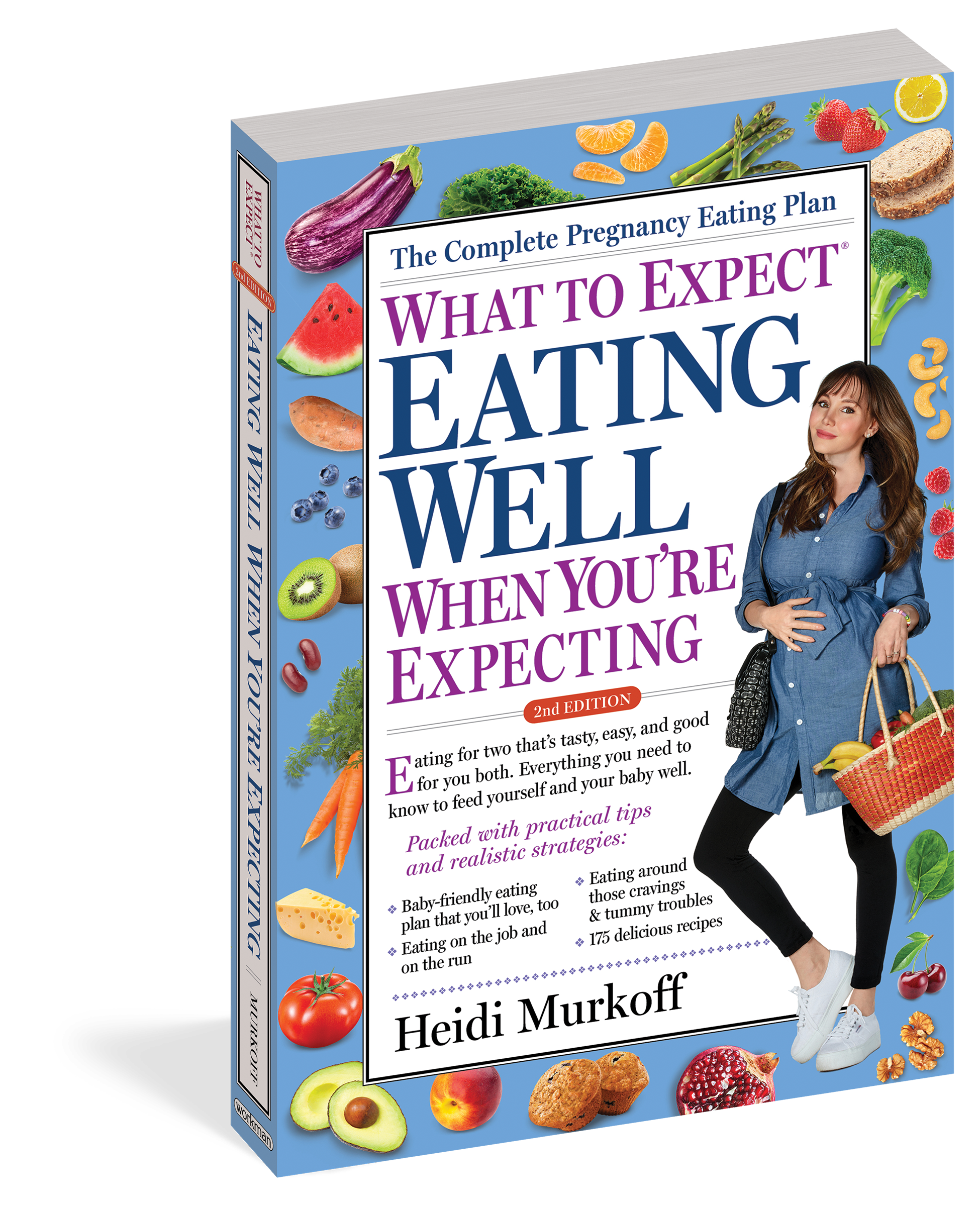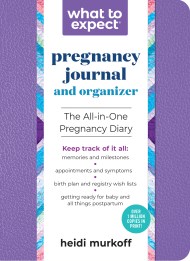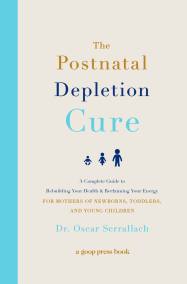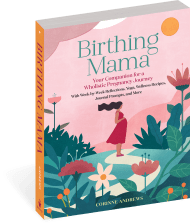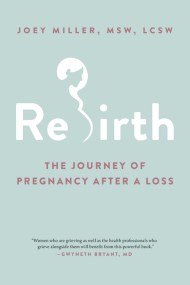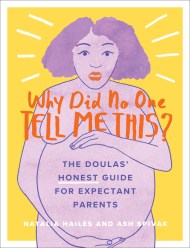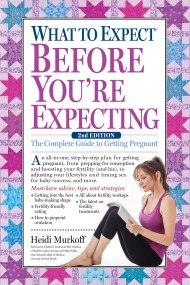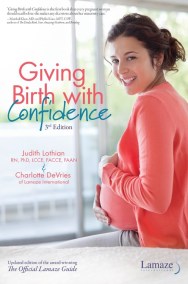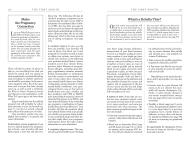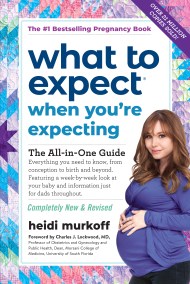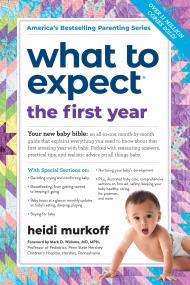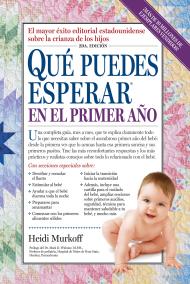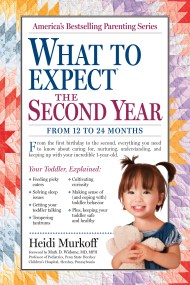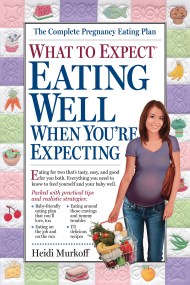Promotion
Use code MOM24 for 20% off site wide + free shipping over $45
What to Expect: Eating Well When You're Expecting, 2nd Edition
Contributors
Formats and Prices
Price
$17.99Price
$23.99 CADFormat
Format:
- Trade Paperback $17.99 $23.99 CAD
- ebook $11.99 $15.99 CAD
This item is a preorder. Your payment method will be charged immediately, and the product is expected to ship on or around August 18, 2020. This date is subject to change due to shipping delays beyond our control.
Also available from:
“Once again, What to Expect Delivers! Heidi’s go-to guide takes the guesswork out of feeding yourself and your baby, serving up a healthy and realistic plan to fit every lifestyle and eating style. It’s eating for two made easy, fun… and delicious.”––Joy Bauer, MS, RD, CDN, best-selling author, host of NBC’S Health and Happiness, and nutrition expert for the Today show
This brand new edition of America’s pregnancy food bible covers it all through those nine months of baby-making and beyond: the latest facts on superfoods, food trends, food safety. Foods to chow down on, foods (and drinks) to limit, and those to cut out altogether. Realistic, body-positive advice and savvy strategies on how to eat well when you’re too green to come face-to-fork with broccoli. Or too bloated to eat at all. Or on the run. Or on the job. Whether you’re a red-meat eater or a vegan, a carb craver or a gluten-free girl, a fast-foodie or a slow cooker. Whether you’re hungry for nutritional facts (which vitamins and minerals the pregnant body needs and where to find them), or just plain hungry. Plus, how to put it all together, easily and tastily, with dozens of practical tips and 170 recipes that are as delicious as they are nutritious, as easy to love as they are to make.
Answers to all questions:
- Do I have to skip my morning latte––or afternoon energy drink?
- I’m too sick to look at a salad, never mind eat one––do I have to?
- How do I get enough calcium if I’m lactose intolerant?
- Help! I’m entering my second trimester, and I’m losing weight, not gaining. What can I do?
- I’ve never been a big water drinker, and now I’m supposed to down 10 8-ounce glasses a day! How?
- Turns out it’s twins––do I have to eat twice as much?
Genre:
- On Sale
- Aug 18, 2020
- Page Count
- 400 pages
- Publisher
- Workman Publishing Company
- ISBN-13
- 9781523501397
Newsletter Signup
By clicking ‘Sign Up,’ I acknowledge that I have read and agree to Hachette Book Group’s Privacy Policy and Terms of Use
